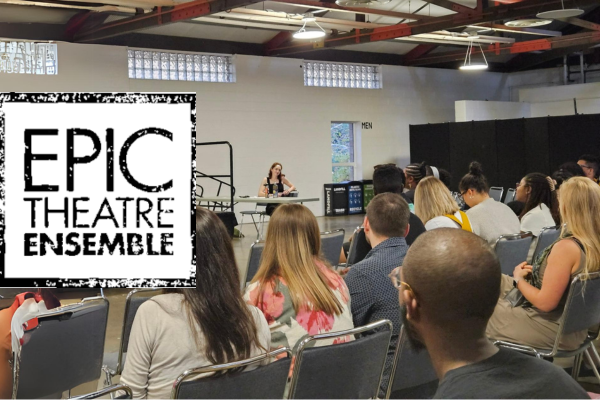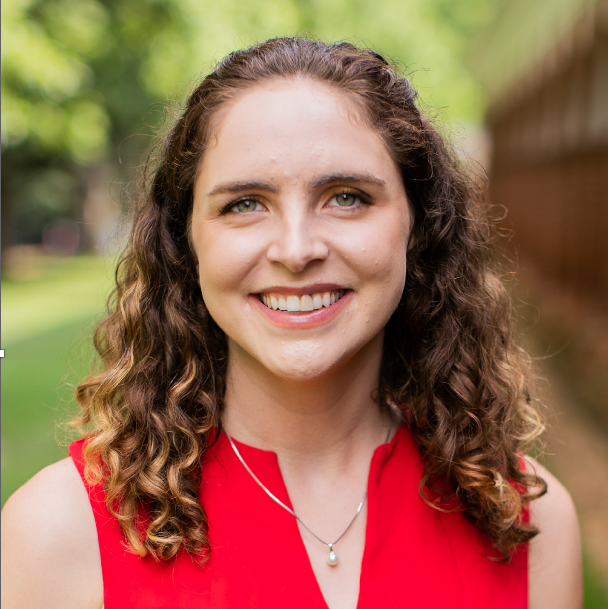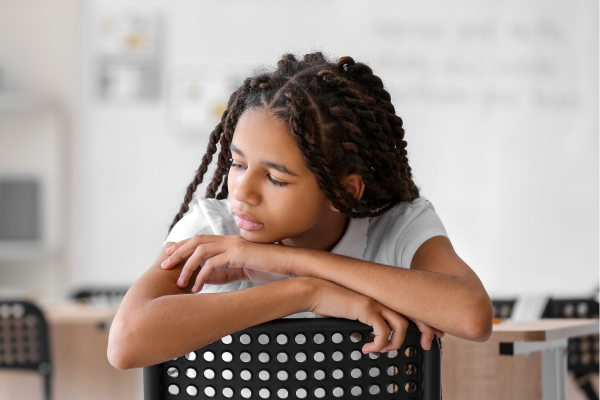By: Leslie M. Booren
Highlights:
- As the holiday season approaches, Youth-Nex is revisiting the 2023 archives for our award winners.
- We highlight the Youth-Nex researchers who have been recognized in their respective fields of study.
- Read more and see what you may have missed in 2023 in this awards year in review.
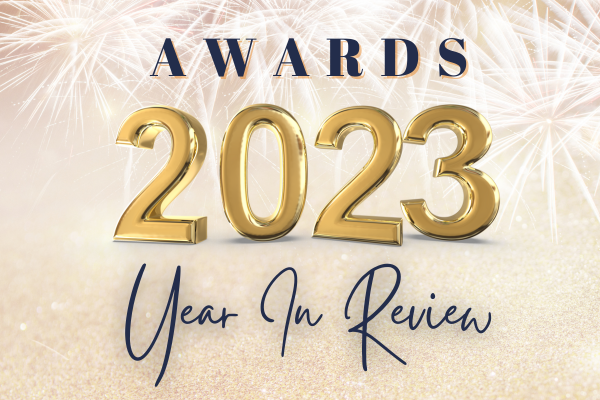
Youth-Nex, as a trans-disciplinary center, continues to conduct translational research in all our scholarship and innovation. Our researchers aim to expand and apply the science of positive youth development to enhance the strengths of youth and to prevent developmental risk such as violence, physical and mental health issues, substance abuse, and school failure.
The scholars at Youth-Nex are being recognized locally, nationally and internationally for their research, teaching and field-building work in our communities. Highlighted here are some awards and honors from 2023:
- Dr. Nancy Deutsch received the 2023 Amplify Established Advocator award.
- Dr. Joseph Allen received the All-University Teaching Award for Excellence in Teaching from the University of Virginia.
- Dr. Katrina Debnam received the Research Excellence Award from University of Virginia Research Achievement Awards.
- Dr. Amanda Nguyen received the Guerrant Global Health Equity Professor Award from the University of Virginia Center for Global Health Equity.
- Dr. Rachel Wahl received the Shannon Center Mid-Career Fellowship from the University of Virginia.
- Dr. Chris Chang-Bacon received the All-University Teaching Award for Excellence in Teaching from the University of Virginia.
- Dr. Noelle Hurd was recognized as a fellow of the American Psychological Association.
- Irene Mathieu, MD was appointed to national Committee on Psychosocial Aspects of Child & Family Health by the American Academy of Pediatrics.
- Dr. Tish Jennings was recognized as the Cathey Simmons Humphreys Distinguished Education Lecturer.
- Dr. Sara Rimm-Kaufman was recognized as a fellow of the American Psychological Association with Developmental Psychology.
- Dr. John Holbein received the Shannon Center Mid-Career Fellowship from the University of Virginia.
- Dr. Melissa Levy received the All-University Teaching Award for Excellence in Teaching from the University of Virginia.
- Dr. Derrick Alridge is named in the 2023 RHSU Edu-Scholar Public Influence Ranking.
- Dr. Edward Scott (recent alumni) received the Distinguished Dissertation in Qualitative Inquiry Award the American Psychological Association Division 5.
Please join us in congratulating these scholars and the awarding organizations for providing opportunities for recognition!
If you have any comments or questions about this post, please email Youth-Nex@virginia.edu. Please visit the Youth-Nex Homepage for up to date information about the work happening at the center.
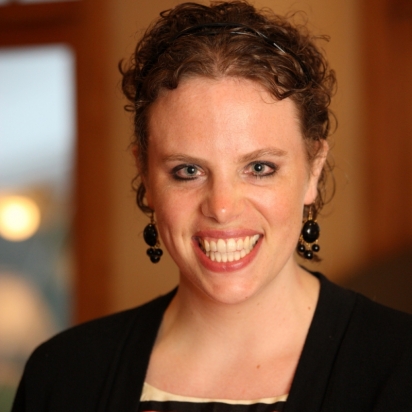
Author Bio: Leslie M. Booren is the Associate Director for Communications and Operations at Youth-Nex and the Youth-Nex blog editor. In this role, she manages operations, HR, events, communications and marketing for the center. Previously she has worked at the Center for Race and Public Education in the South (CRPES), EdPolicyWorks, and the Center for Advanced Study of Teaching and Learning (CASTL) in various roles from research faculty to managing director. She has a strong interest in community and youth development by bridging applied and research-based practices.
